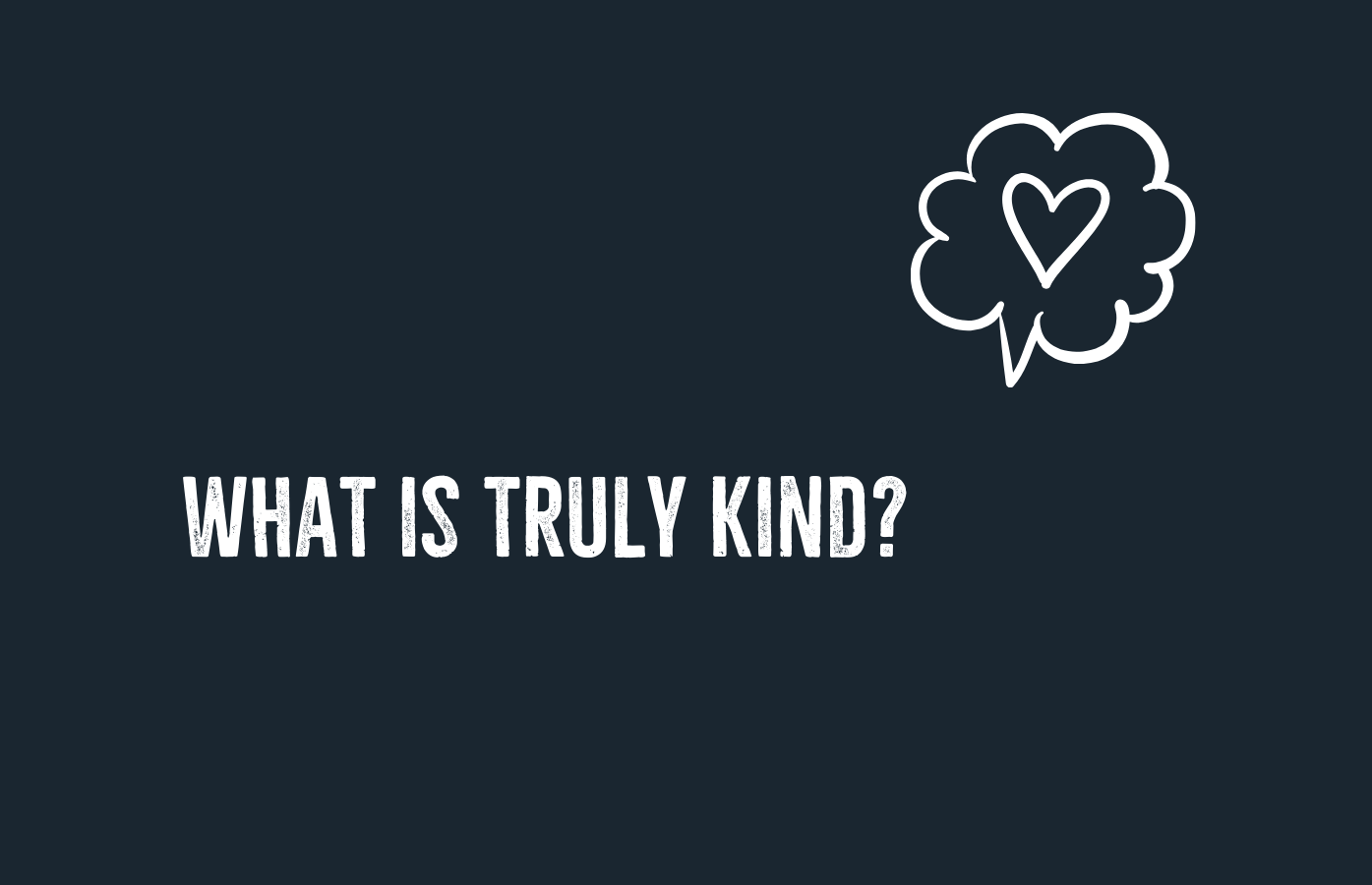Let’s be cautious about kindness

Kindness is wonderful, it should fuel all of our thoughts, behaviours and interactions both with ourselves and others. Being kind to others nourishes us, and being treated with kindness helps us feel good and loved. I have personally experienced the most wonderful kindness during this crazy lockdown time: presents dropped through the door, home-baked cakes, cards with messages – even washing powder when I fessed up on Facebook that I’d started doing my laundry with washing up liquid as I’d run out of powder and couldn’t be bothered to go to the shop! It made me feel loved and lucky – very lucky.
At Platfform, during the Covid-19 lockdown we are seeing kinder relationships develop between organisations and more creative problem solving. Many of the people we support are having a really tough time, isolated, scared, raised levels of emotional distress – which is no surprise. However, not many people are asking for improved access to traditional ‘mental health services’. They are asking for kind human interaction, alleviating the isolation, boredom and uncertainty about the future.
So kindness – yes – of course, not just this week but every day. It’s good for us and the evidence tell us so.
But kindness on its own doesn’t quite cut it for me. It glosses over the really tough stuff. The pain, the poverty, the generational unemployment, abuse, violence and structural inequality that many people face every day.
I understand that we need simple messages to engage whole communities and get everyone on board but kindness doesn’t quite cut it when it comes to the real causes of distress and people’s experiences when they are really struggling.
When trauma, abuse, poverty, inequality, fear, and, a system designed to keep people where they are with little hope of moving forward is a reality, the word kindness appears to be flippant, a concept that barely scratches the surface. It is no surprise to me that there is a growing movement of people who are angry with such simple unnuanced messages.
I remain needing to be convinced that these campaigns make life better for those at the ‘bottom of the pile’ having the toughest time.
At its worst, kindness, often unintentionally (this stuff is all very well meaning) can be patronising and disempowering. Kind gestures over really understanding what is going on for someone, hearing their story and being justifiably outraged and angry alongside them. I think I’d prefer the hashtag #JustifablyAngry
Killing me with kindness
So – I love kindness, it really does matter. And all of our personal and collective mental health really does matter. It is just that on its own it is not enough. We need kindness in public policy making as championed by Julia Unwin and kind implementation of that public policy. We need to design a welfare state that supports wellness and has kindness at its heart. Think Universal Basic income or the work of Hilary Cottam in Radical Help . A new narrative and contextual understanding of distress needs to drive the transformation of our ‘mental health’ services. One that seeks to understand people’s stories and helps to make sense of distress. See The Power Threat Meaning Framework for inspiration. We need to tear down the barriers of years of ingrained structural inequality and poverty faced by millions of people.
When we’ve achieved all of this maybe I’ll be comfortable with simple messages of kindness. But for now, for me, these messages need to be read alongside the really tough stuff. The stuff that once you’ve seen it, know it, felt it, experienced it – you can’t unsee it or unfeel it. And so you have no choice but to join the fight for a better world. To be part of the disruptive movement for change.
Not to do so would not be kind – in my opinion.